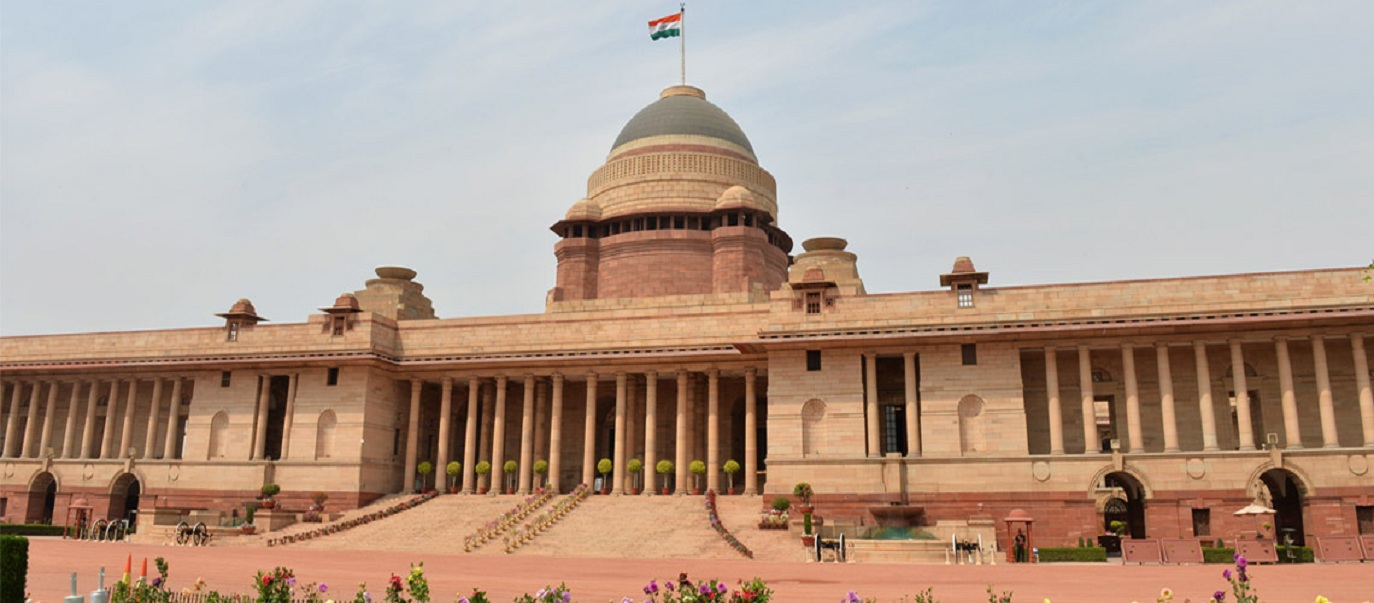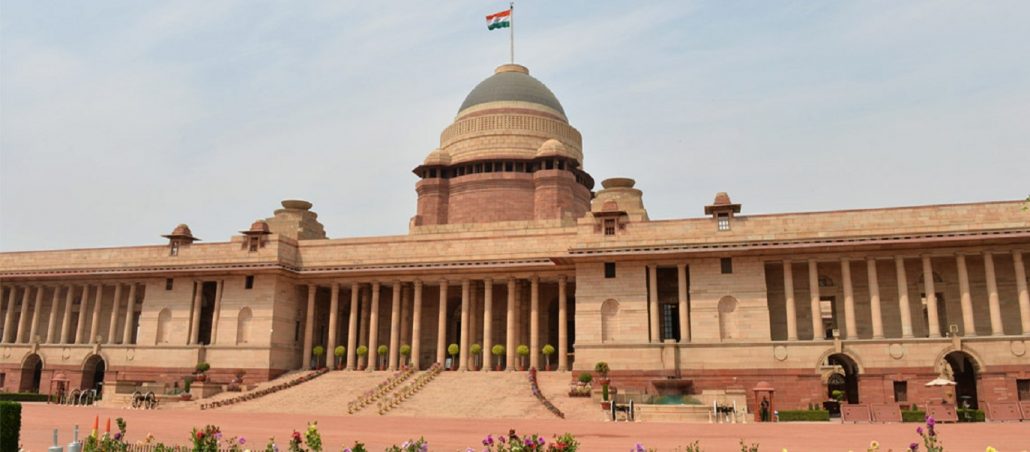
The preamble of the amendment says that the decision to arrest or not to arrest cannot be taken away from the investigating officer
Under attack from the opposition, Dalit groups and its allies, the Modi government on Wednesday decided to restore a provision of the SC/ST Act allowing the arrest of an accused without preliminary enquiry or prior approval that was recently struck down by the Supreme Court.
The Scheduled Castes and the Scheduled Tribes (Prevention of Atrocities) Amendment Bill, 2018 to amend the original law of 1989 was approved by the Union Cabinet and is likely to be introduced in the ongoing monsoon session of Parliament to make it a law.
The preamble of the amendment says that the decision to arrest or not to arrest cannot be taken away from the investigating officer, a power given under the criminal procedure code in which there is no provision for a preliminary inquiry.
Under the new provision, no preliminary inquiry will be required for registering an FIR against an accused and arrest of a person accused under the SC/ST act and this will not require any approval. The provision of anticipatory bail shall not be available to an accused notwithstanding any court judgment.
The cabinet decision was made public by Union Consumer Affairs Minister Ram Vilas Paswan, whose party Lok Janashakti Party (LJP) had virtually set an ultimatum of August 9 for making changes in the law over which Dalit organisations have threatened to hold protests on August 9.
However, at a media briefing on the cabinet decisions, Law Minister Ravi Shankar Prasad refused to go into details of the proposed bill, saying Parliament was in session and parliamentary traditions didn’t allow him to speak over policy matters.
He, however, asserted that the government would go to any extent to protect the interests of Scheduled Castes and Scheduled Tribes.
The apex court on March 20 struck down the provision that made an immediate arrest of an accused under the 1989 law mandatory. The court said any arrest would be made only after a preliminary probe and prior approval of by an officer of the rank of Deputy Superintendent of Police.
The controversial judgment infuriated various Dalit groups, triggering a nationwide agitation. Some NDA Dalit MPs and leaders spoke openly against the judgment which forced the government to file for a review in the top court.
The opposition alleged the BJP-led government was anti-Dalit and had not done enough to get the court order reviewed.
Paswan, the LJP chief, put the government on notice, saying the party would launch a protest if the law was not amended. Another Union minister, Ramdas Athawale, also demanded that a bill is brought in to restore the original provisions of the Act.
The row deepened further when the government appointed Justice A.K. Goel, who pronounced the March 20 judgment in the SC/ST Act case, as the chairman of the National Green Tribunal. Paswan had also demanded his removal. Asked about Justice Goel’s removal, Paswan said the issue is settled with the proposed amendment.
He said it was a historic decision taken by Prime Minister Narendra Modi.
“It was a challenge for us. People’s sentiments were negative. There were two options. Either to bring an ordinance to restore the orginal Aact or to bring a new Bill.
“The Bill is approved by the Cabinet. We will introduce the bill in Parliament as soon as possible. We expect it will be passed with consensus…Whoever opposes will be vanquished.”
“I am sad that no one from the opposition discusses the issue. (The Bill) is a slap on the face of those who have been criticising the Modi government as being anti-Dalit.”




